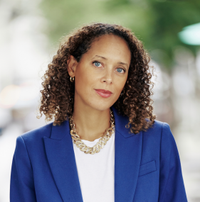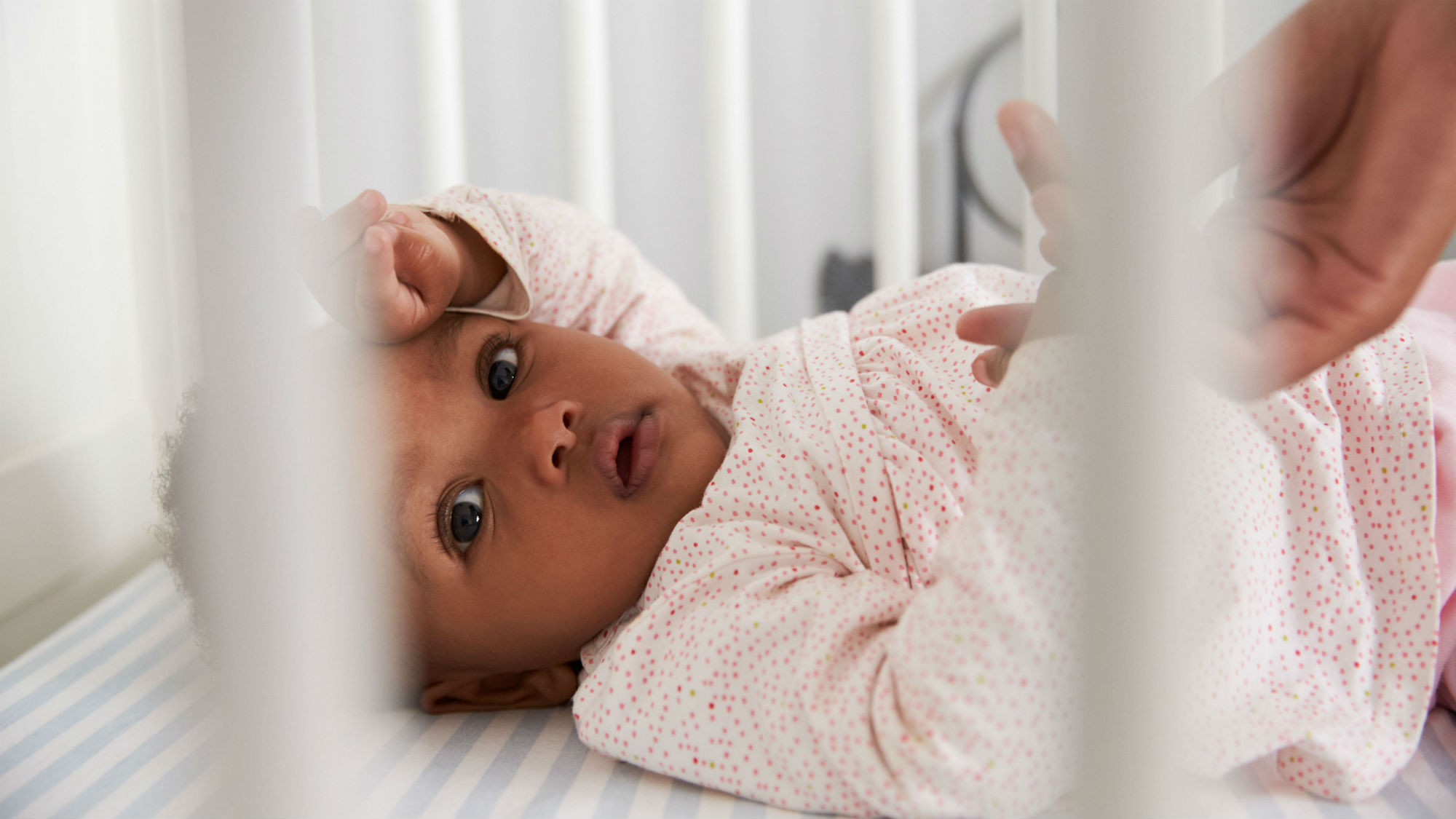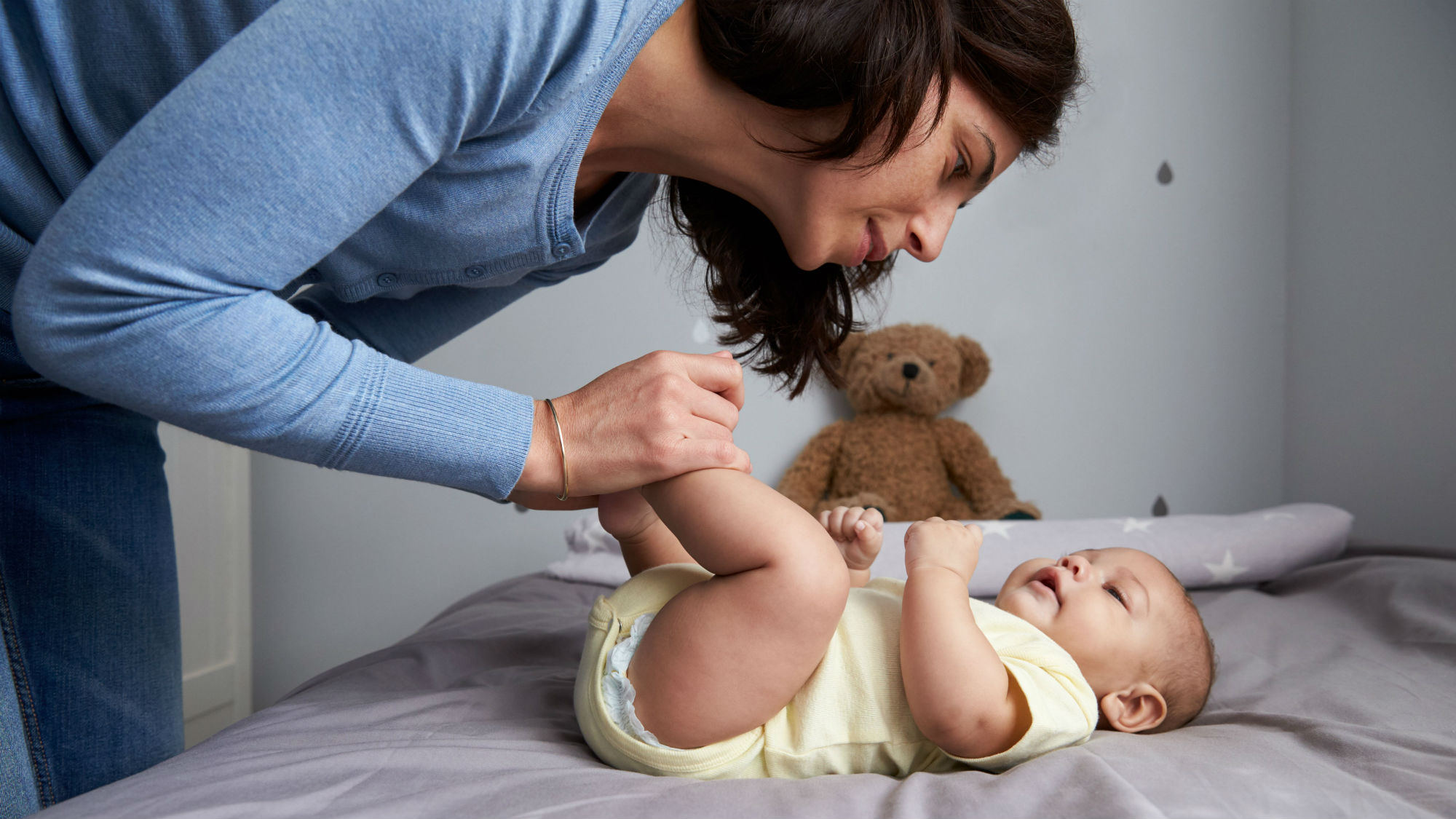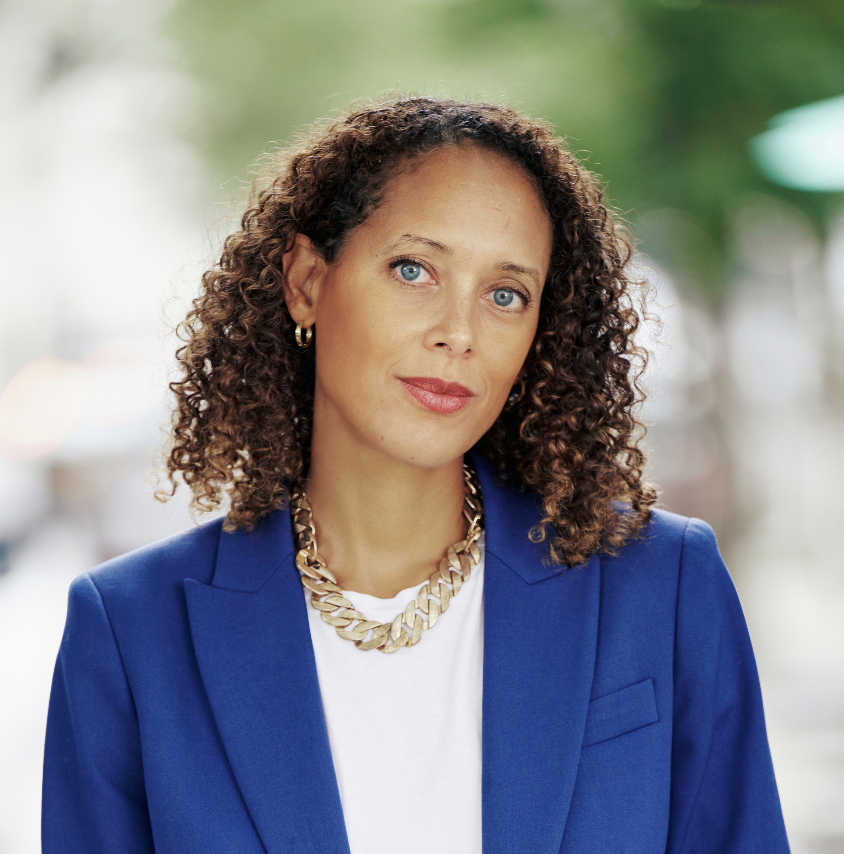7 things nobody ever tells you about having a baby
But that you really need to know


Celebrity news, beauty, fashion advice, and fascinating features, delivered straight to your inbox!
You are now subscribed
Your newsletter sign-up was successful
But that you really need to know
Jo Love suffered with postnatal depression following the birth of her daughter Bella, who is now two. She was finally diagnosed when Bella was 8-months-old, and after quitting her high pressured job as a lawyer found happiness again starting her business, Lobella Loves an online marketplace for baby, toddler and mum products, which donates a percentage of its profits to help other mothers with mental health issues. Here, in a frank account, she lets us in on 7 things that nobody ever tells you about having a baby and postnatal depression (PND).
You might not love your baby at first and it could take a few weeks or months to develop
When my daughter was born, I picked her up in my arms but felt numb. It had been a traumatic birth and I just couldn't bond with her in the weeks that followed. I felt like I was just going through the motions. For a long time I didn’t feel much of anything except flatness, numbness and exhaustion, there was certainly no joy. Seeing my husband and family light up over the baby made me feel even worse, I couldn’t understand how this was supposed to be the happiest time of my life. I tried to rationalise it, as I knew that having a baby would be tough and most people at some point feel scared and alone. So I did my best to ignore it and assumed it would pass, except it didn’t.
You will have scary thoughts after having a baby
Most people like to think they’re in full control of their thoughts. I had no idea whatsoever that your mind could think a thought you didn’t want it to. So when slowly the intrusive negative thoughts began I felt like I was losing my mind. It was like walking around having mini-nightmares all the time. I also didn’t want to exist any more. I used to fantasise about walking out, getting on a train and never coming back to my husband or baby. I didn’t care where the train was going I just wanted to get as far away as possible. I truly believed no one would notice or even care if I just disappeared. In fact I was certain at the time my family would actually be a lot better off without me.

After having a baby, you probably wont want to accept the term 'PND', even if your symptoms match many of those associated with it
I felt so disconnected with the world, so overwhelmed and utterly alone, but I still didn’t connect it with PND. I just couldn't contemplate the idea that I had this scary condition, as I was always the one who had everything together and was so in control of my life. It was much easier to bury my head in the sand, plaster on a fake smile and say ‘I’m fine’. I made it my mission to hide it from the world. I did such a brilliant impression of a mum who was happy and coping. But behind closed doors the mask slipped. In fact, it didn't just slip - it cracked and shattered into a million sharp, broken, unfixable pieces. Every day.
One of my coping mechanisms was to fixate on the time my husband was due home: half past six. And to tell myself I had to hold it together until then. With all my might. If the minute hand ticked past this time, the anxiety would rise inside me like a rocket. My heart beat faster; I would struggle to breathe. Looking back I feel so guilty at the pressure it put on my husband. Stuck in traffic or a puncture on his bike, a meeting that ran over, a chat on the way out of the office with a colleague... anything that delayed him by mere minutes would mean he arrived home to a sobbing, shaking wreck.
'Coming out’ as a sufferer of PND after having a baby is hard
It took me a long time after having a baby to finally admit that I had a problem and even then I found the stigma attached to having a mental health issue incredibly hard to deal with. I desperately wanted to keep up the impression of a Mum who had everything under control, I kept my diagnosis a secret from pretty much everyone except for my husband and a couple of close friends. I felt ashamed. I felt like I had failed, not once but twice, I’d failed at being the ‘perfect mum’ and I’d failed at being able to hold my mind together. Mum-guilt combined with depression stigma was really difficult for me to deal with.
Celebrity news, beauty, fashion advice, and fascinating features, delivered straight to your inbox!
It took me a long time to start speaking about it and slowly I’ve realised it’s nothing to be ashamed about. It’s actually been an enormous release and relief to get it out in the open. It has made me a more rounded, more tolerant person and I only wish that I had not tried to suffer in silence for so long before getting help. When I meet a new mum or find myself explaining my business to anyone now I tell them I suffered with PND and I find many people then admit their feelings to me in return.

Getting help is just the first step, but you don’t get over it overnight
As much as you’d like to, even once diagnosed, you can’t just ‘snap out of it’. It takes time. I’m still on medication two years later, see a counsellor every week and had to quit my job as a City lawyer as a result. But out of this came an incredible chance for re-growth through my business Lobella Loves. And it’s given me the opportunity to help other women who are suffering after having a baby, not only through our charitable donations (Lobella Loves donates money from every single sale to charities supporting mums’ mental health), but by consistently and relentlessly taking about the issue. Every week I get on Instagram Stories and speak about my counselling sessions, afterwards I get hundreds of women send me messages telling me by hearing me speak so openly has helped them, whether its because now they now feel a little braver about getting help, or less alone with their own fight. It’s wonderful to be able to use my struggle to help others, and turn something so negative into such a positive.
Anyone can be affected by PND after having a baby
To the outside world I had everything, an observer looking in would see a popular girl with a loving husband and a great job. Peachy. So that girl couldn’t be depressed, why would she be? Just look at her life and now with a baby to complete the perfect picture, surely not. But this is the thing, it can happen to anyone, and what I didn’t know then was actually this all made me a prime candidate for PND, a high achieving perfectionist and a people pleaser. Couple that with birth trauma and the unplanned pregnancy it was almost inevitable.
It’s not your fault and you haven’t failed
This was a big one for me, and if I’m brutally honest, one I still struggle with. There is an enormous pressure to be the perfect Mum, and the perfect Mum to me is not a Mum with PND. Therefore I felt I had failed. What’s helped stop these negative thoughts is slowly realising that perfectionism is a myth. It’s totally unachievable and a good enough Mum is good enough.
What I’ve learned more than anything in my journey with PND is this that I am not alone. Whether people’s conditions have been officially diagnosed or they’ve suffered in silence, there’s an army of women out there who’ve walked the same journey as me and are an enormous source of support and strength.
For further information and support visit www.nct.org.uk or www.pandasfoundation.org.uk

Andrea Thompson is Editor in Chief at Marie Claire UK and was named by We are the City as one of the UKs top 50 trailblazers for her work championing gender equality. She sits on the committee of the British Society of Magazine Editors where she acts as Chair.
Andrea has worked as a senior journalist for a range of publications over her 20 year career including The Sunday Times, The Guardian, The Daily Mail, Channel 4, Glamour and Grazia. At Marie Claire UK, Andrea oversees content, strategy, events and campaigns across fashion, beauty and the brand's purpose pillars. Follow her on instagram at @andreacanwrite